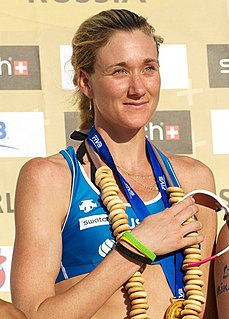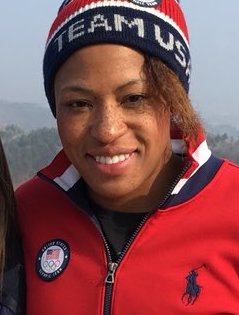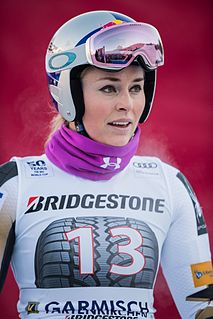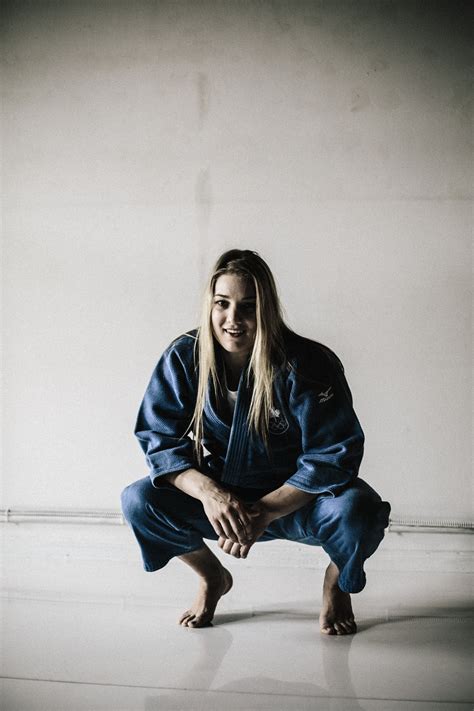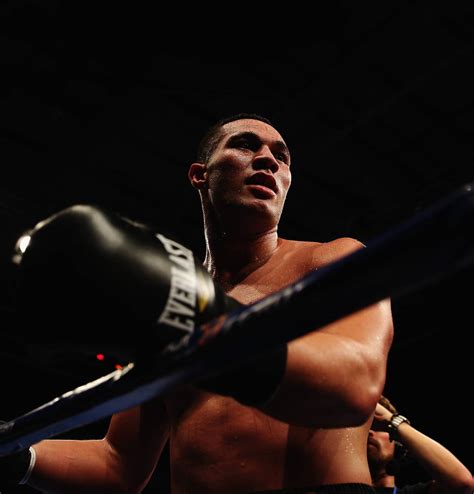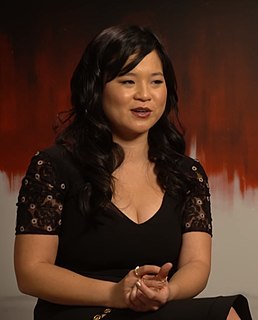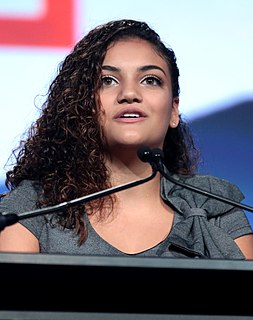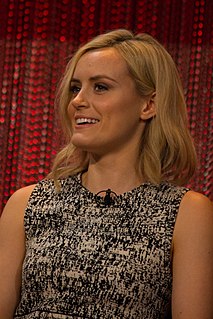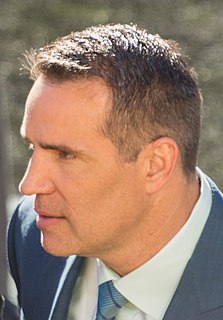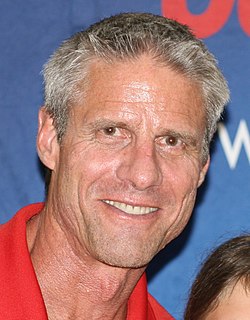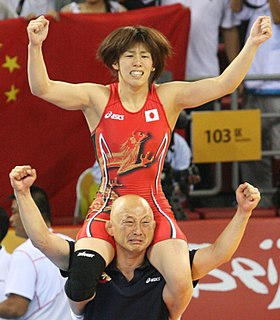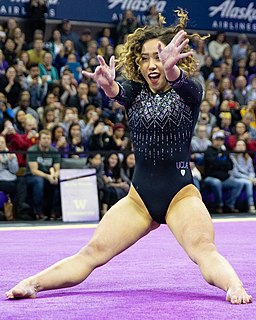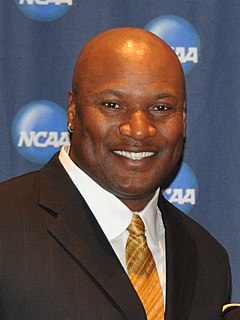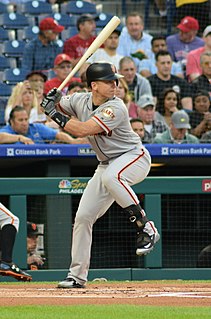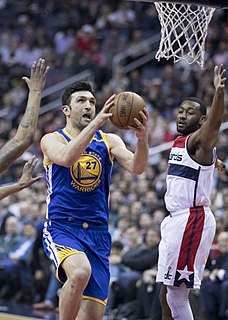A Quote by Eddy Alvarez
Related Quotes
I think educating myself has been huge. I feel like the way it's presented in the media is that if you got to Brazil you're flipping a coin on your health. I don't think it has to be that way. If I were wanting to have a baby right after the Olympics I would take precautions, and then when the Olympics were over I would get tested to make sure I didn't have the virus in me, and then I'd go for it.
It felt really nice to not have anybody talking about numbers, and no one is talking about ratings. From my experience, it felt like there was one person running the ship and it felt like there was space for Jenji to be at the helm. That's not what I've experienced in television before. It felt more akin to an interesting movie, where there were producers who were really excited by the work and wanted to make space for the director's vision to be sort of shared with an audience. It felt more cohesive.
But I felt like Pablo Escobar felt like he was an honorable businessman. And when he killed people, I think he felt he did it because they were honorable. That they were liars and were trying to cheat him. I don't think he had a lot of respect for the politicians in Columbia at the time, so he had quite a lot of fun killing them.

